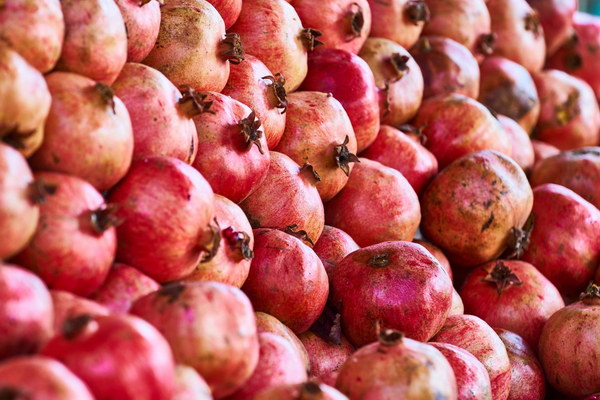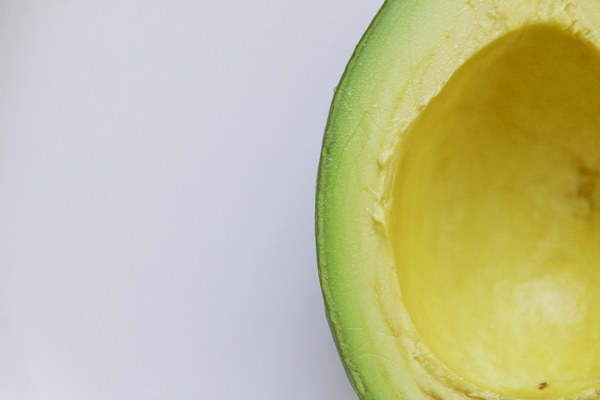The Myth of Moon Blood Why You Should Avoid Supplements During Your Period
Introduction:
The menstrual cycle is a natural and essential part of a woman's reproductive health. However, there are numerous myths and misconceptions surrounding the period, one of which is the idea that women should consume supplements or moon blood to enhance their health during this time. This article aims to dispel the myth of moon blood and explain why it is not advisable to take supplements during your period.
Myth of Moon Blood:
The concept of moon blood originates from traditional beliefs that the lunar cycle has a direct impact on a woman's menstrual cycle. It is believed that consuming supplements made from the blood of animals, such as deer or sheep, can improve fertility, increase energy, and enhance overall health during the period. This myth has been perpetuated by various alternative medicine practices and supplements marketed to women.
The Reality of Menstruation:
Menstruation is a natural process where the uterus sheds its lining and blood is released from the body. This process is not only essential for fertility but also for the overall health of a woman. The menstrual cycle is influenced by hormonal fluctuations, and the body undergoes various changes to prepare for ovulation and potential pregnancy.
Why Supplements Are Not Necessary:
1. Balanced Diet:
The human body requires a balanced diet to maintain optimal health. Consuming a variety of fruits, vegetables, whole grains, lean proteins, and healthy fats can provide the necessary nutrients for overall well-being. Supplements are not a substitute for a healthy diet and can sometimes be unnecessary.
2. Body's Natural Balance:
The body has a remarkable ability to regulate itself and maintain balance. During the menstrual cycle, the body releases specific hormones to support the reproductive process. Taking supplements during this time may disrupt the natural balance and potentially cause unwanted side effects.

3. Potential Risks:
Some supplements, particularly those containing high levels of iron, vitamin A, or other nutrients, may not be suitable for consumption during the period. Excessive iron intake can lead to iron overload, while high doses of vitamin A can cause toxicity and harm the liver. It is essential to consult a healthcare professional before taking any supplements during the menstrual cycle.
4. No Scientific Evidence:
There is no scientific evidence to support the effectiveness of moon blood or other supplements in improving fertility, energy levels, or overall health during the period. The myth of moon blood is based on anecdotal evidence and traditional beliefs rather than empirical research.
Conclusion:
The myth of moon blood and the idea that supplements are necessary during the menstrual cycle are unfounded. Women should focus on maintaining a balanced diet and prioritize their overall health and well-being. If you have specific concerns about your menstrual cycle or require supplements, it is best to consult a healthcare professional for personalized advice. Remember, the menstrual cycle is a natural and essential part of a woman's reproductive health, and taking care of your body during this time is crucial for overall well-being.









